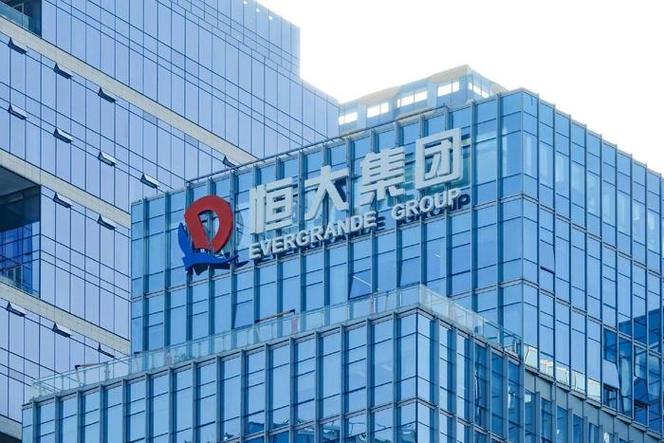To properly address the topic regarding Evergrande Group's financial challenges and the recent enforcement actions against it, here’s a detailed analysis and guidance on the matter:
Evergrande Group: Understanding the Implications of Recent Enforcement Actions
Evergrande Group, one of China's largest real estate developers, has been under significant financial pressure in recent years. The latest developments highlight a series of enforcement actions totaling billions of yuan against the company. This article delves into the implications of these actions, their potential impact on Evergrande, and broader implications for the real estate sector and financial markets.
Evergrande Group, founded in 1996, rapidly expanded to become one of China's largest property developers. Over the years, it diversified into various sectors including real estate, finance, healthcare, and electric vehicles. However, the company's aggressive expansion strategy led to a substantial debt burden.
The recent enforcement actions against Evergrande involve mandatory executions totaling billions of yuan. These actions are part of efforts to address the company's extensive debt obligations. It's crucial to understand the nature of these enforcement measures:
- Forced Executions: Courtmandated measures to seize Evergrande's assets to satisfy outstanding debts.
- Financial Impact: Cumulative enforcement actions now exceed billions of yuan, reflecting the scale of Evergrande's financial liabilities.
- Market Reaction: These developments have profound implications for Evergrande's stakeholders, including investors, creditors, employees, and the broader market.
The implications of these enforcement actions are multifaceted:

- Financial Stability: Evergrande's ability to meet its debt obligations and sustain operations is increasingly precarious.
- Market Perception: Market sentiment towards Evergrande may further deteriorate, impacting its stock price and ability to raise capital.
- Operational Challenges: Ongoing financial pressures could hinder Evergrande's ability to complete existing projects and undertake new developments.
The repercussions extend beyond Evergrande:
- Real Estate Sector: Heightened scrutiny and tighter regulatory measures could reshape the real estate industry landscape in China.
- Investor Confidence: Concerns over corporate governance and debt sustainability may affect investor confidence in the broader Chinese market.
- Policy Response: Chinese authorities' response to Evergrande's challenges will influence market stability and investor sentiment.
For stakeholders navigating these developments, strategic considerations include:
- Risk Management: Evaluate exposure to Evergrande and adjust risk management strategies accordingly.
- Legal and Financial Advice: Seek expert guidance on legal rights, financial exposure, and potential recovery strategies.
- Market Monitoring: Stay informed about regulatory developments, market conditions, and Evergrande's evolving financial position.
The enforcement actions against Evergrande underscore the complexities facing one of China's most prominent real estate firms. As the situation unfolds, stakeholders must remain vigilant, assess risks, and consider the broader implications for the real estate sector and financial markets.
By understanding these developments and their implications, stakeholders can better navigate the evolving landscape shaped by Evergrande's financial challenges.
This comprehensive analysis provides insights into the recent developments surrounding Evergrande Group and offers guidance for stakeholders affected by these enforcement actions.











